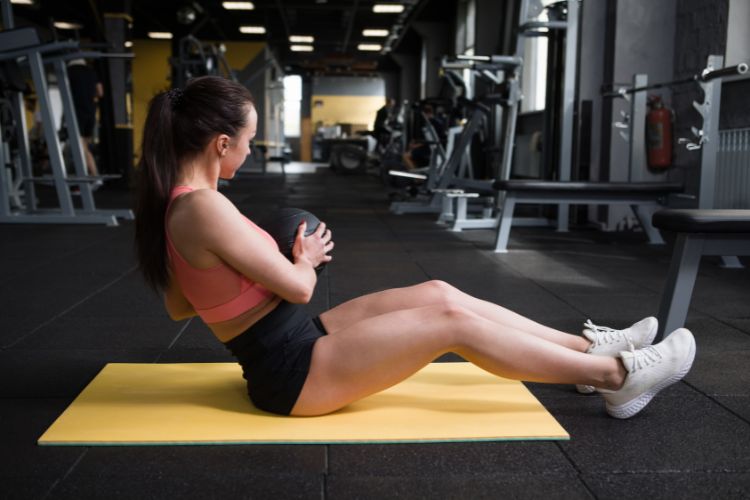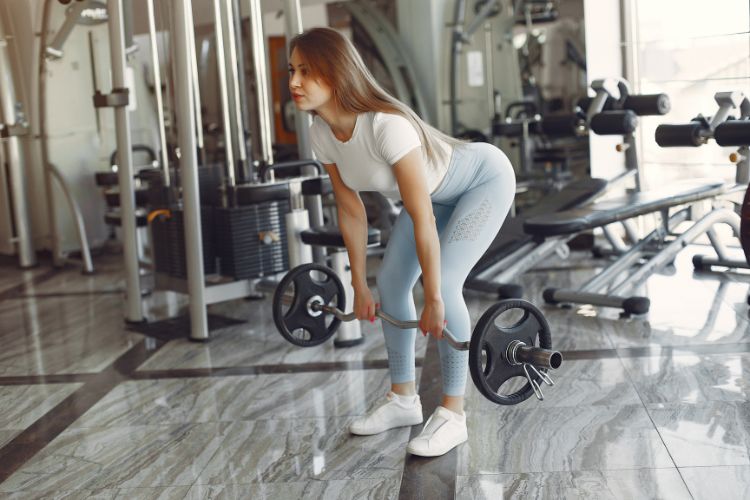Sign up for workout ideas, training advice, reviews of the latest gear and more.






Do you often find yourself tossing and turning at night, glancing at the glowing numbers on your bedside clock, watching them increment minute by agonizing minute? Are you tired of feeling, well, not tired? For the weary and restless women among us, fret no more. We have explored the secrets of sleep and consolidated a range of practical tips to help you fall asleep faster.
Firstly, it’s essential to understand the mechanics behind sleep to embrace its rhythm fully. The internal system that controls your sleep-wake cycle is known as your circadian rhythm. It runs in the background of your brain, alternating between sleepiness and alertness at regular intervals. This rhythm is easily influenced by external factors such as light and darkness.
Your bedroom should be a haven of relaxation, separate from the rest of the bustling world. Keep it clean, quiet, cool, and dark. Invest in good quality bedding, a mattress that provides adequate support, and perhaps blackout curtains or an eye mask to block out light. These measures will help your brain recognize that it’s time to wind down, allowing you to fall asleep quicker.
Consistency is key. By going to bed and waking up at the same time each day, even on weekends, you help regulate your body’s internal clock. This will improve your sleep quality and make falling asleep easier.
The blue light emitted by phones, tablets, computers, and TVs can interfere with your sleep. It suppresses the production of melatonin, a hormone that regulates sleep. It’s advised to turn off these devices at least an hour before bedtime, allowing your brain to switch off and begin its journey to slumber.
There are many techniques to help your body and mind relax before bedtime. From progressive muscle relaxation to deep breathing exercises, mindfulness meditation, or even yoga specifically designed for sleep. These methods help to reduce stress, anxiety, and quiet your thoughts, paving the way for a peaceful descent into sleep.
What you eat and drink has a significant impact on your sleep. Avoid consuming caffeine or alcohol close to bedtime as they can disrupt your sleep cycle. Eating a heavy meal late at night can cause discomfort and keep you awake. Instead, opt for light, healthy dinners, and consider incorporating foods that promote sleep, such as almonds, turkey, chamomile tea, and kiwi.
Regular physical activity promotes better sleep by helping to regulate your circadian rhythm and reduce stress. However, it’s important not to exercise too close to bedtime as it could energize you and make falling asleep more challenging. Aim for at least 30 minutes of moderate exercise each day, preferably in the morning or early afternoon.
If sleep continues to elude you despite your best efforts, don’t hesitate to seek professional help. Conditions like insomnia, sleep apnea, and restless leg syndrome can significantly impair your sleep. These conditions are treatable, but they require a professional diagnosis.
So, there you have it, a woman’s guide to falling asleep fast. By integrating these practices into your routine, you can stop counting sheep and start counting on a good night’s sleep. Remember, sleep is not a luxury, but a basic necessity. Your body needs it to function effectively, and your mind needs it for clarity and focus.
It’s time to embrace the power of sleep, to wake up refreshed, rejuvenated, and ready to seize the day. Because a woman empowered by a good night’s sleep is a force to be reckoned with. So go ahead, transform your nights, and watch how beautifully your days fall into place. Sleep well, amazing women!
Stay up to date on the latest women’s health, fitness and lifestyle trends and tips.